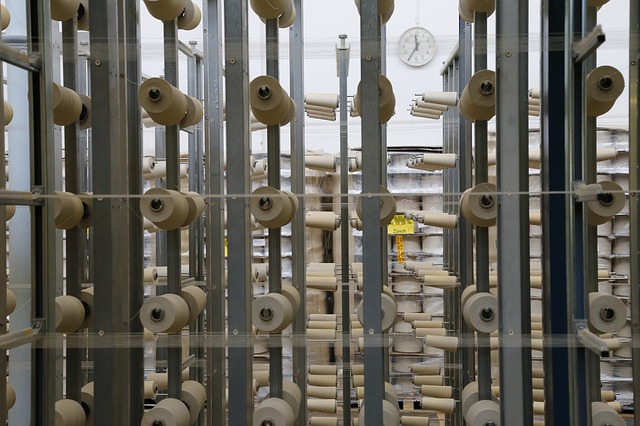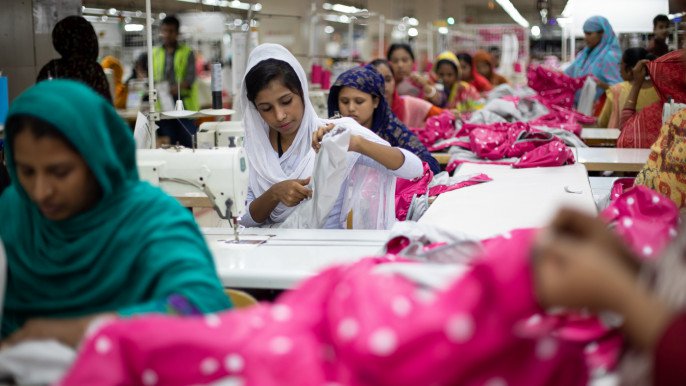Published in Daily Times on April 05, 2018

KARACHI: Aimed at doubling value addition from $1 billion per million bales to $2 billion per million bales during five years and double textile exports from $13.1 billion to $26 billion, besides facilitating investment of additional $5 billion in machinery and technology, the textile policy 2014-19 has remained fail to achieve desired targets.
This was stated by representatives of the Pakistan Textile Exporters Association, All Pakistan Textile Mills Association, Pakistan Hosiery Manufacturers Association, Pakistan Readymade Garments Manufacturers and Exporters Association, Towel Manufacturers Association, Pakistan Apparel Forum and other textile organisations.
They said that the policy failed to yield any fruitful outcome during this mentioned period in the policy due to lack of will and poor approach.
“Even the Economic Coordination Committee during the period could not succeed in qualifying for taking appropriate decisions for providing rewarding result to textile sector stakeholders. Except some proposals, any furtherance could not be achieved.”
Textile policy 2014-19 adopted a five-pronged strategy to make textile sector competitive and sustainable.
Budgetary support, drawback of local taxes and levies, easy finance, sales tax regime, duty free import of machinery, policy interventions, tariff rationalisation, fibre diversification, product diversification, small and medium enterprises development, enactment of domestic labour laws, revival of sick units, marketing strategies, technology up gradation, establishment of world textile centre and model cotton trading houses, revitalisation of projects like Pakistan Textile City, garment cities and capacity building of the Ministry and related organisations were the salient features of textile policy.
Ghulam Rabbani of the Pakistan Yarn Merchants Association, Rana Abdul Sattar of the Pakistan Cotton Ginners Association and other stakeholders were of the view that lack of determination of government’s textile, commerce and finance custodians and failing in coordinating real stakeholders for a positive result had resulted in failure of desired goals given in five years policy.
“Textile policy 2014-19 could not be implemented in its true spirit, and resultantly it could not meet even near to target objectives like last textile policy.”
Textile sector provides employment to about 45 percent of industrial labour force, consumes more than 42 percent banking credit and accounts for more than 9 percent of Gross Domestic Products.
The roadmap for sector was approved by the ECC with a proposed total outlay of Rs 64 billion, comparing to Rs 188 billion in the previous policy.
Among other segments, policy also proposed increasing focus on small and medium enterprises sector. It was also proposed in policy to increase exports and fully utilise potential of textile sector.
 CPD RMG Study Stitching a better future for Bangladesh
CPD RMG Study Stitching a better future for Bangladesh



